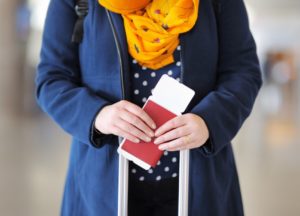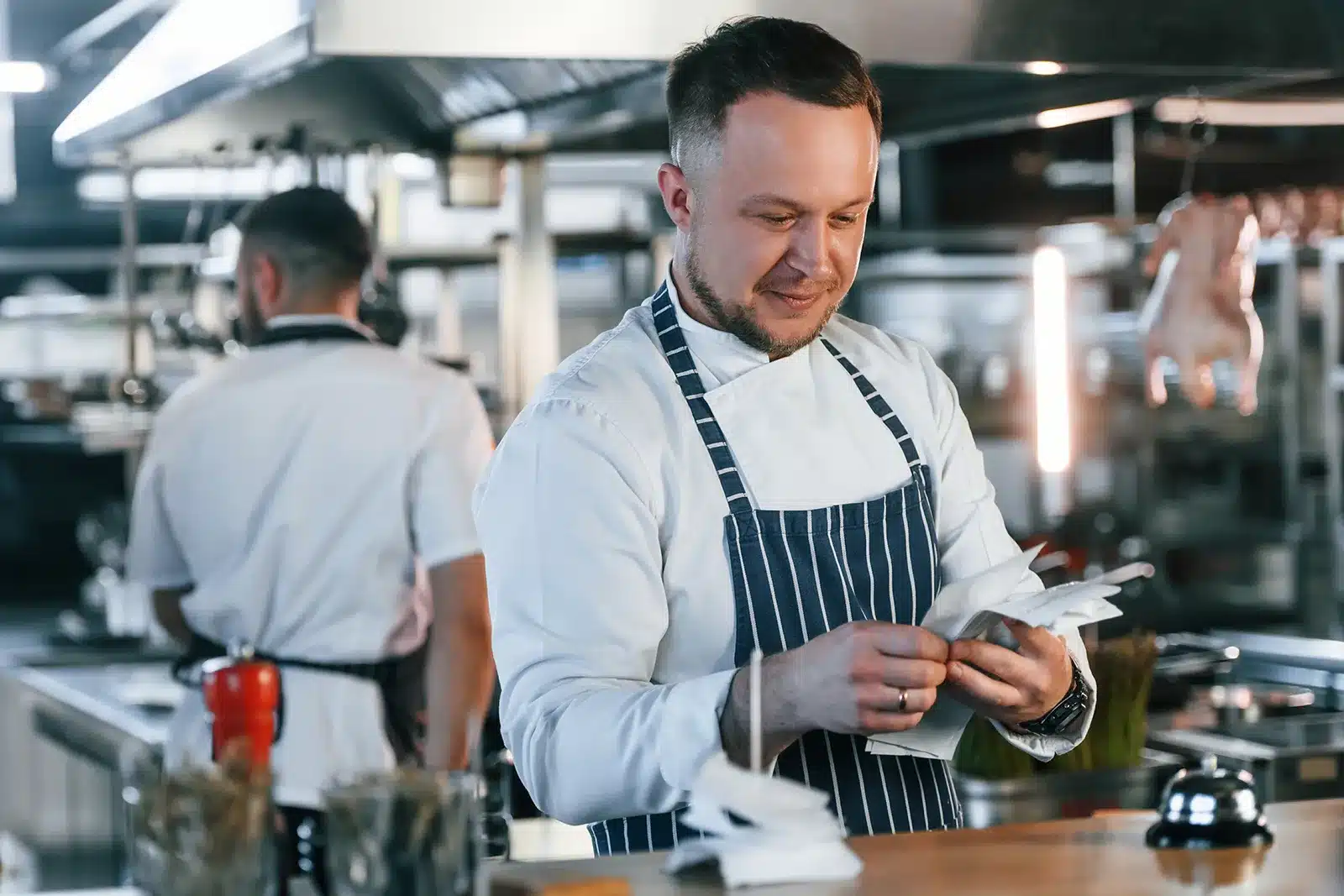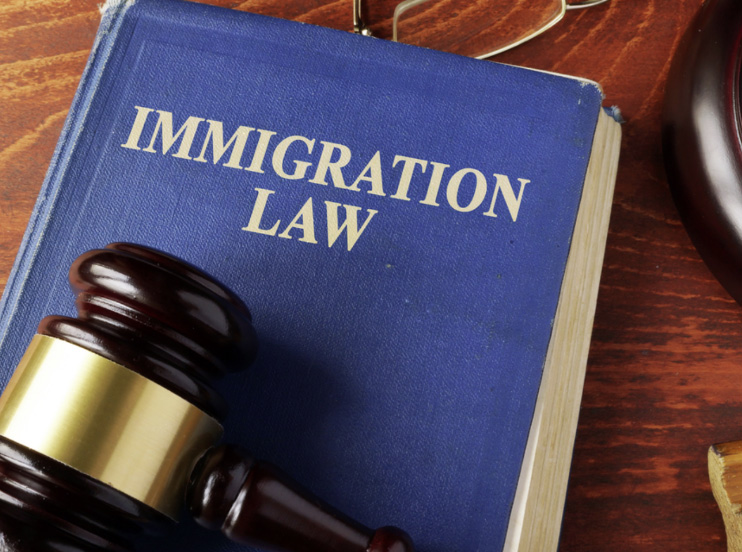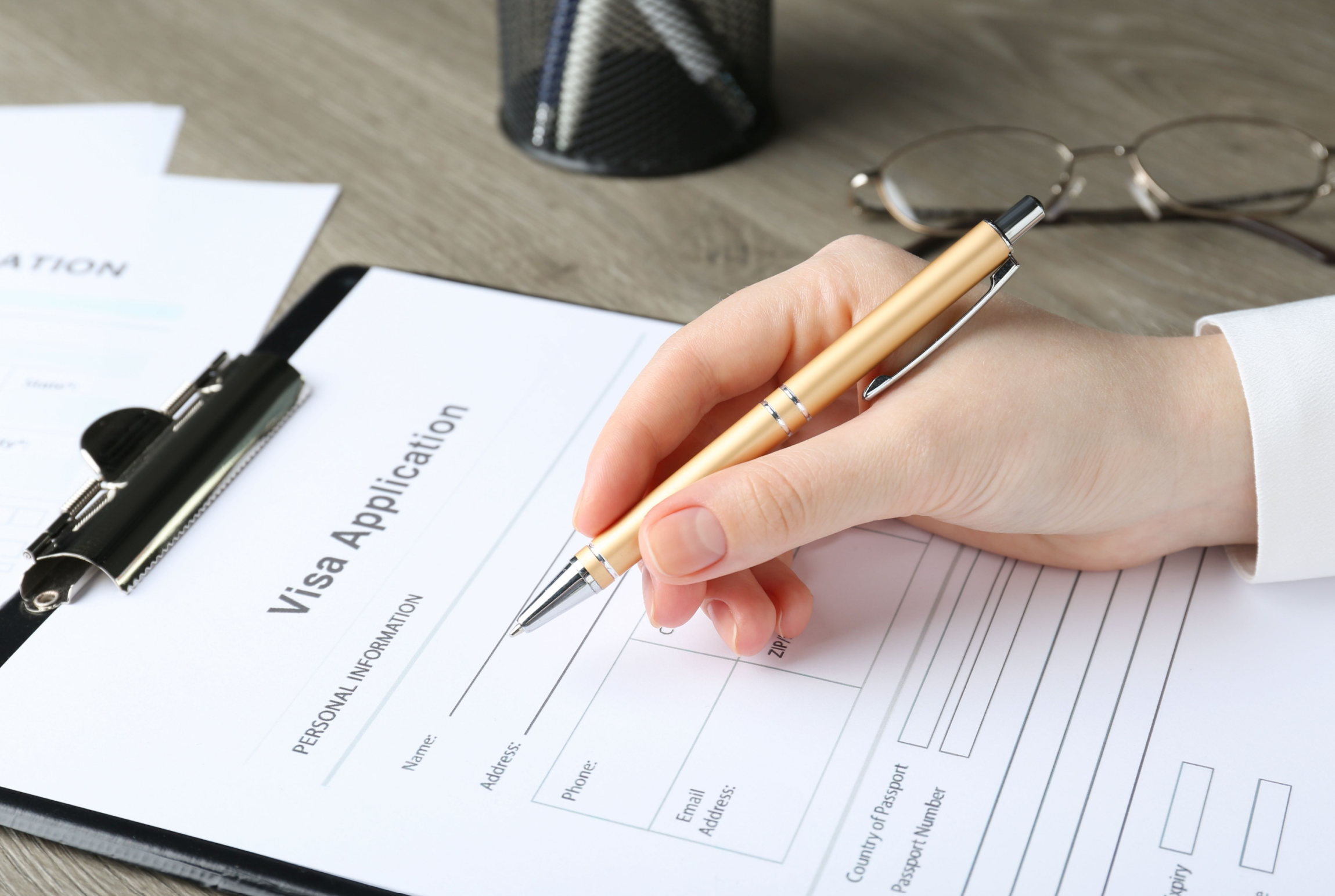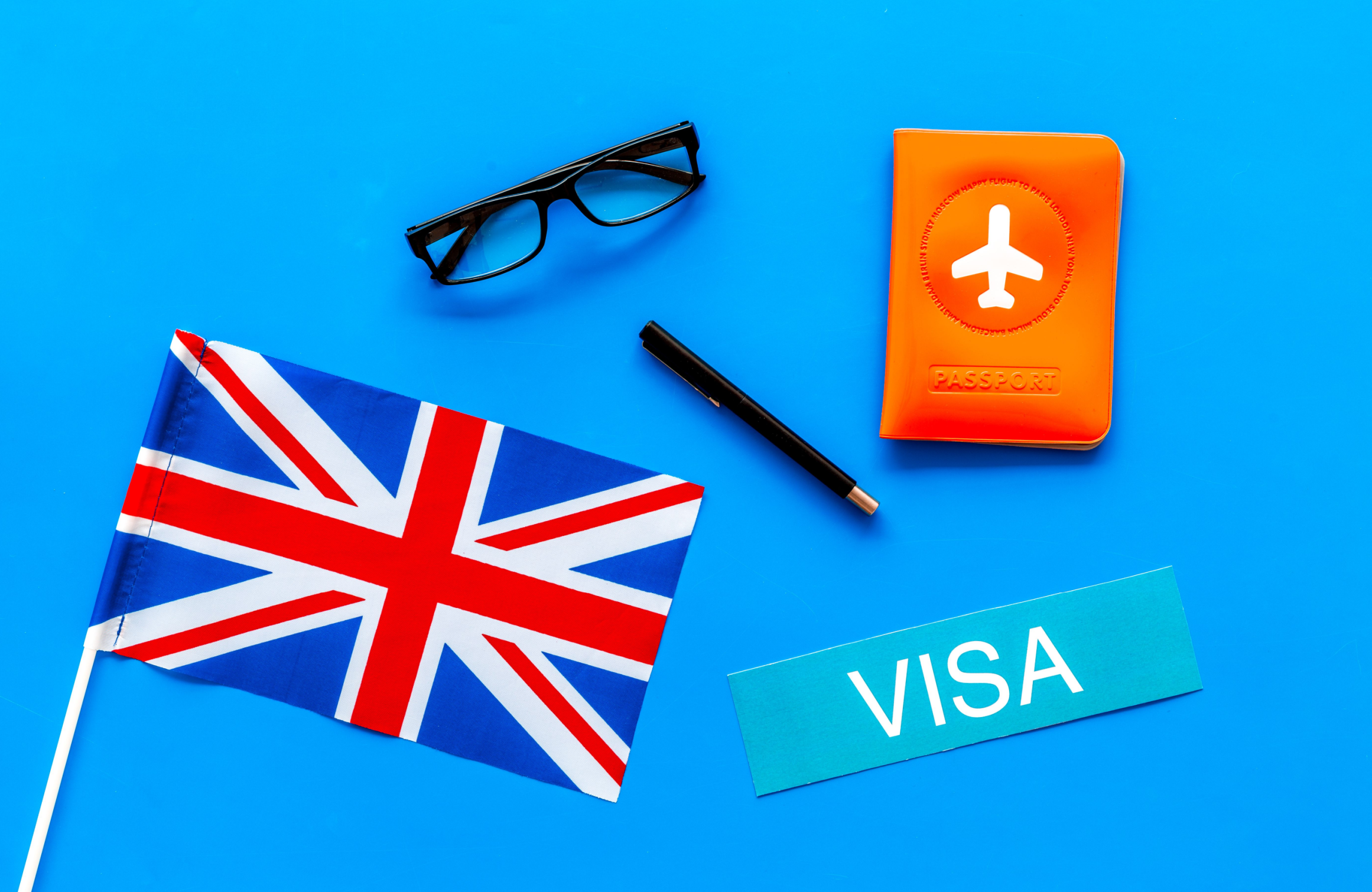If your EEA national family member did not move to the UK by 31 December 2020 then the EU Settlement Scheme is most likely closed to you (and your EEA family member). However, this is not true if you are the family member of what is known as a ‘qualifying British Citizen’. This option, formerly known as the Surinder Singh route, has a special extended deadline of 29 March 2022, this being latest the family member can arrive in the UK.
To gain access to the EU Settlement Scheme as the family member of a qualifying British citizen, you will first need to apply for an EU Settlement Scheme Family Permit. This is free, as are the subsequent registration applications under the EU Settlement Scheme, through to settlement. This is far preferable to the normal immigration route which a family member of a British person must navigate which, by the time of settlement, will have cost around £8,000.
Here we try and simplify this sometimes-confusing route, in Q & A form.
Q: Who is this route for?
A: In essence, this route is for a family member of a British national, where both parties have been residing in an EEA state (not including the UK) by 31 December 2020.
Q: When must I arrive in the UK by?
A: The deadline to arrive in the UK is 29 March 2022. You will therefore need to ensure you have obtained your EU Settlement Scheme Family Permit prior to this date, allowing for processing time.
Q: Are spouses eligible?
A: Yes, certainly if you were married before 31 January 2020.
But what if you were married on or after 31 January 2020? The guidance states you can still be eligible where:
‘…the applicant was the durable partner of the qualifying British citizen before the date and time of withdrawal (the definition of ‘durable partner’ being met before then) and the partnership remained durable at the date and time of withdrawal’
‘Durable’ in Home Office-speak means cohabitation for at least two years, unless there is other ‘significant evidence of the durable relationship’. The ‘date of withdrawal is 31 January 2020.
What this means is that you can be eligible if you married on or after 31 January 2020, but you must also have cohabited for at least two years by 31 January 2020 (or have other ‘significant evidence of a durable relationship).
Q: Are unmarried partners eligible?
A: Until recently unmarried partners had to have a ‘relevant document’ to be put on the same footing as spouses. A relevant document meaning residence documentation issued under the ‘old system’ (the EEA Regulations, the system before Brexit came along), which recognised the relationship as ‘durable’.
Thankfully, recent changes allow unmarried partners to apply without a ‘relevant document’, in certain circumstances.
One such circumstance requires:
- That you lived together with your qualifying British citizen in a relationship akin to marriage for at least two years (unless there is other significant evidence of the durable relationship – perhaps a child, for example).
- That you completed these two years’ cohabitation by 31 January 2020.
- That you do not hold a ‘relevant document’ (i.e. you do not hold residence documentation under the ‘old system’, such as an EEA Family Permit).
- You were not resident in the UK before 1 January 2021 as ‘durable partner’ (with a relevant document)
- That your relationship is still ‘durable’ at the time that you apply – meaning you must still be living together.
Q: What about other family members?
A: A child or grandchild can be eligible, although if the applicant is 21 years or older then they must also be dependent on the British citizen. Dependent parents and grandparents are also eligible, as are other dependent relatives.
Q: Does my sponsor need to have lived in the UK prior to 1 January 2021?
A: No, not under this route.
Q: Does my sponsor need to have lived in an EEA state prior to 1 January 2021?
A: Yes. Residence in the EEA state prior to 1 January 2021 is required.
Q: How long does the British citizen need to have been living in the EEA state?
A: The British citizen must have lived in the EEA state for more than three months. However, to prove ‘genuine residence’ (see below), the longer the residence the better.
Q: Does the British citizen have to have been working an EEA state?
A: No, not necessarily. As well as the requirement to live in the EEA state for more than three months, the British person must have ‘exercised free movement rights’ as either an employed or self-employed person, or as a self-sufficient person or student.
To meet the definition of a ‘self-sufficient person’ or ‘student’, you also must have ‘not become a burden on the social assistance of the state’. You and your family member will also need ‘comprehensive sickness insurance’ (this includes statutory health insurance provided by the EEA state).
Q: What does genuine residence mean?
A: Through the years this route has been treated with suspicion by the Home Office – a way to circumvent the Partner visa route by spending a short period of time in an EEA state. To counteract this, the Home Office want to know you have been ‘genuinely residing’ in the EEA state and will look at various indicators to decide this.
This includes whether the British citizen ‘transferred the centre of his/her life to the EEA country’. They are interested in length of joint residence in the EEA state prior to 31 December 2020 and for how much of this period the British person was ‘exercising treaty rights’. The family member must have resided with the qualifying British citizen during the time they were exercising treaty rights.
The decision-maker will also consider degree of integration into the EEA state and whether ‘genuine family life’ was strengthened.
The guidance requires the decision-maker to explicitly consider whether the purpose of joint residence in the EEA state was a means of circumventing the normal immigration rules that apply. Somewhat confusingly, the guidance goes on to state that having such an intention to circumvent the standard rules may in fact be one reason for moving to the EEA state, providing joint residence was in any case genuine.
Q: EU Settlement Scheme Family Permit or EEA Family Permit?
A: There are two separate documents, which confusingly sound similar: the ‘EU Settlement Scheme Family Permit’ and the ‘EEA Family Permit’.
The EEA Family Permit is a relic of the ‘old system’ and will cease to have effect after June 2021 – so forget about this one. You will need an EU Settlement Scheme Family Permit.
Q: How long is the EU Settlement Scheme Family Permit valid for?
A: Either four or six months. Here is what the guidance says:
- ‘where the bullet point below does not apply, for a period of 6 months from the date of decision on the application
- where the applicant indicates in their application form that they intend to arrive in the UK on or after 1 April 2021, and their intended date of arrival in the UK is more than 3 months from the date of decision, a period of 4 months from their intended date of arrival in the UK’
There is therefore no restriction on how far in advance you can state your intended date of travel on the application form. However, if by the time your application is decided your intended date of travel is more than three months away, you will be granted a permit valid for just four months, effective from your ‘intended date of travel’.
Q: What should I do when I arrive in the UK?
A: You must register for Pre-Settled Status within three months of arriving in the UK.
Q: Can I come to the UK as a visitor and then apply for Pre-Settled Status?
A: Not anymore: this option is now explicitly ruled out. You should enter with prior authority in the form of an EU Settlement Scheme Family Permit.
Q: How do I apply for an EU Settlement Scheme Family Permit?
A: You can register the application here: https://visas-immigration.service.gov.uk/apply-uk-visa
Q: How much does it cost?
A: The application is free.
How can Truth Legal’s Immigration Solicitors Help?
If you think you might want assistance on this matter, we provide a variety of immigration legal services to help. This includes detailed advice, document checking and full representation where we take care of the whole application process for you. Please get in contact with us.
Further Reading
From one of the UK’s most read legal blogs.

